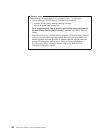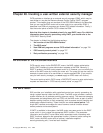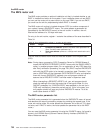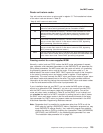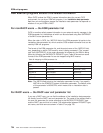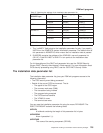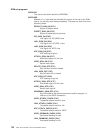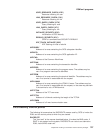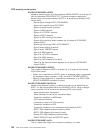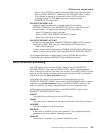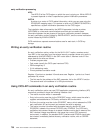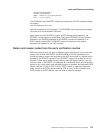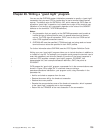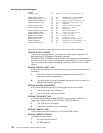
USER_RESOURCE_CHECK (X'60')
Resource checking for user
LINK_RESOURCE_CHECK (X'61')
Resource checking for link
USER_QUERY_CHECK (X'70')
Query checking for user
LINK_QUERY_CHECK (X'71')
Query checking for link
INITIALIZE_SECURITY (X'80')
Initialization of CICS security
REBUILD_SECURITY (X'81')
CEMT or command-level SECURITY REBUILD
XRF_TRACK_INITIALIZE (X'82')
XRF tracking of initial or rebuild.
UXPSUBSY
Address of an area containing the CICS subsystem identifier.
UXPAPPL
Address of an area containing the CICS application ID.
UXPCWA
Address of the Common Work Area.
UXPTRAN
Address of an area containing the transaction identifier.
UXPPROG
Address of an area containing the program name. The address may be
zero if no program name can be identified.
UXPTERM
Address of an area containing the terminal identifier. The address may be
zero if no terminal is associated with the request.
UXPLUNAM
Address of an area containing the VTAM LU name. The address may be
zero if no terminal is associated with the request, or the area may be blank
if the terminal is not a VTAM terminal.
UXPTCTUA
Address of the TCT user area.
UXPTCTUL
Address of a fullword containing the length of the TCTUA.
UXPCOMM
Address of a 2-word communication area.
CICS security control points
The following list summarizes the RACROUTE macros used by CICS to invoke the
ESM, and the control points at which they are issued.
RACROUTE
The “front end” to the macros described below, it invokes the MVS router. If
RACF is not present on the system, RACROUTE can route to an alternative
ESM, via the MVS router exit.
ESM exit programs
Chapter 28. Invoking a user-written external security manager 727




